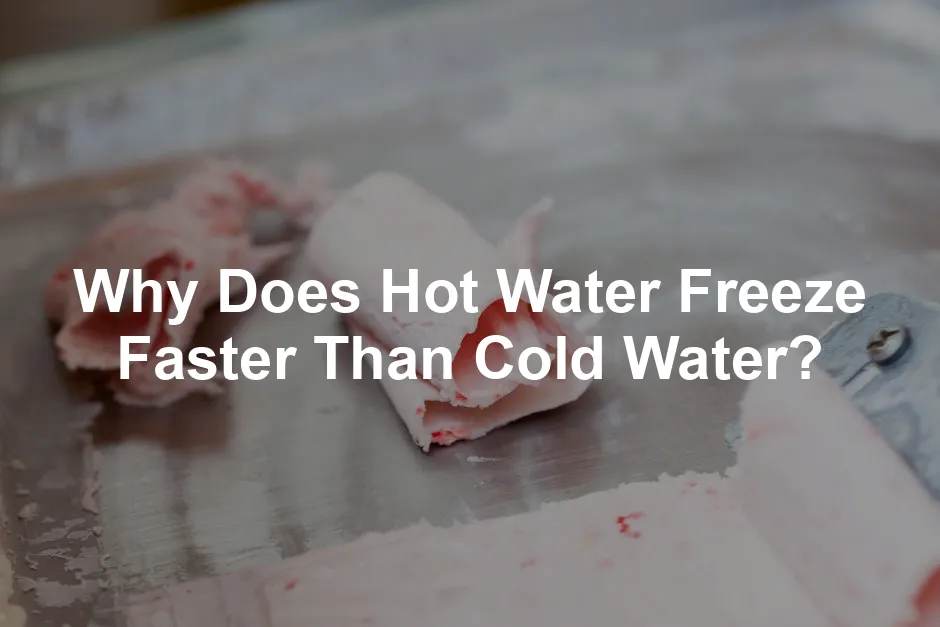
Why Does Hot Water Freeze Faster Than Cold Water?
Introduction
Have you ever wondered why hot water sometimes freezes faster than cold water? This puzzling phenomenon is known as the Mpemba effect. It sounds like a plot twist in a science fiction movie, but it’s real! The term comes from Tanzanian student Erasto Mpemba, who observed this curious behavior during a cooking class in the 1960s. He noticed that a hot ice cream mixture froze quicker than his classmates’ cooler mixtures. This observation sparked a flurry of scientific inquiry, as many questioned how hot water could beat cold water in the freezing race. Since then, scientists have been trying to understand the Mpemba effect’s underlying mechanisms. Some argue it defies logic; others suggest it’s all about specific conditions. In this article, we’ll break down the science behind this counterintuitive effect. We’ll discuss the historical context, ongoing debates, and potential explanations that keep scientists scratching their heads. So, grab your ice cubes and let’s take a closer look at why hot water sometimes wins the freezing game!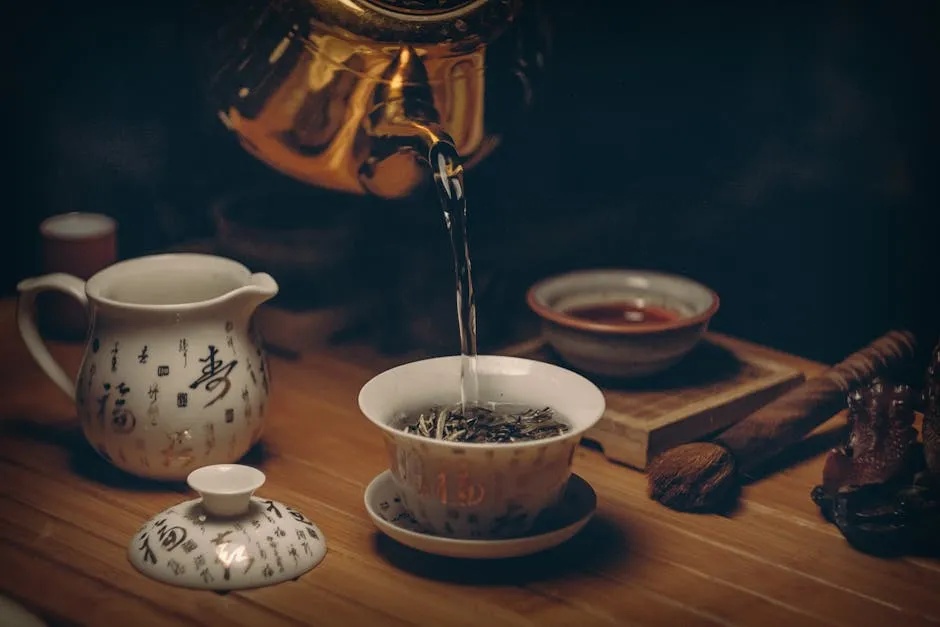
The Mpemba Effect: A Historical Perspective
The Mpemba effect dates back to ancient thinkers like Aristotle, who noted that heated water could freeze faster under certain conditions. However, it wasn’t until the 1960s that it gained a name. Erasto Mpemba, a high school student in Tanzania, made a remarkable observation while making ice cream. He found that hot mixtures froze quicker than cooler ones, a claim that puzzled his classmates and teachers alike. After discussing his findings with physicist Denis Osborne, they published a paper in 1969, shedding light on this strange phenomenon. Despite their efforts, the scientific community was skeptical. Many experiments failed to replicate the effect consistently. Over the years, however, more studies have emerged, attempting to clarify the conditions under which hot water might freeze faster than cold. Researchers have explored various factors contributing to the Mpemba effect, including evaporation rates and container types. The debate continues, with some scientists arguing for its validity under specific scenarios. Others remain skeptical, emphasizing the need for controlled conditions in experiments. As our understanding of this phenomenon evolves, it challenges our perceptions of freezing and the behavior of water.
The Role of Temperature
Temperature plays a significant role in the freezing process of water. When we think about freezing, the natural instinct is to assume that cold water, being closer to the freezing point, should freeze faster than hot water. After all, it’s common sense, right? If something is already cold, it seems logical that it would take less time to turn into ice. However, this assumption often leads us down a rabbit hole of confusion. The freezing point of water is 0°C (32°F). Hot water needs to cool down to this temperature before it can freeze. So, on the surface, it seems like hot water is at a disadvantage. Yet, the Mpemba effect challenges this notion. Under certain conditions, hot water can freeze faster than cold water, which has left many scratching their heads in disbelief. This counterintuitive phenomenon has been observed in various experiments. It raises questions about how temperature impacts not just freezing but the entire cooling process. Factors such as heat loss through evaporation, convection currents, and dissolved gases come into play, adding layers of complexity to the simple act of freezing water. So, while it seems like a straightforward question, the truth is often much more nuanced, leading us to rethink how we view temperature and its effects on water.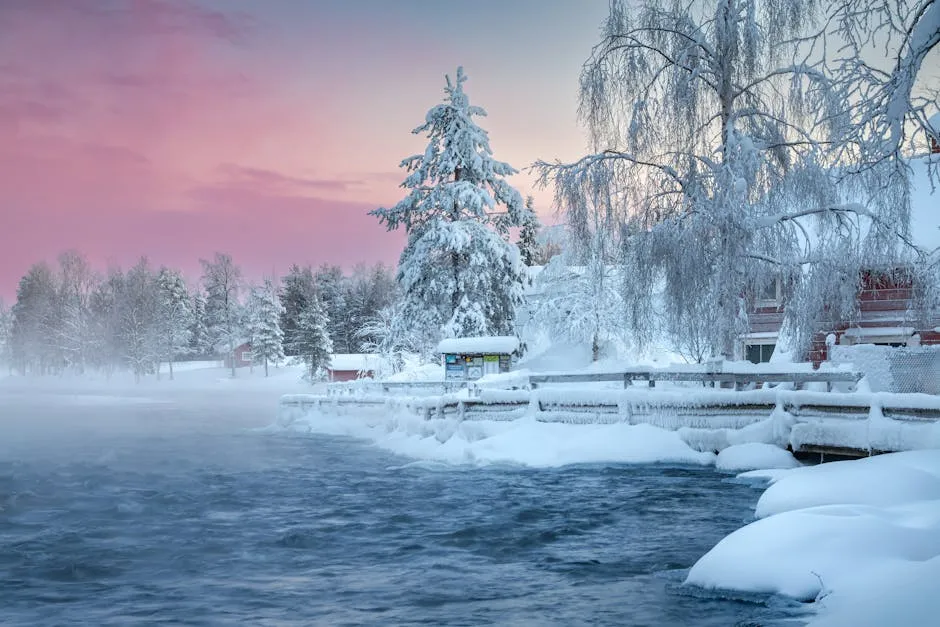
Factors Influencing the Mpemba Effect
- Evaporation
One of the primary factors contributing to the Mpemba effect is evaporation. Hot water evaporates at a higher rate than cold water. When hot water is exposed to cold air, it loses mass quickly as some of it turns into vapor. This reduction in volume means there’s less water left to freeze, potentially allowing the remaining water to freeze faster. Imagine pouring hot water into a cold environment; the steam rising is not just a visual effect; it’s a significant contributor to cooling the remaining liquid. - Convection Currents
Temperature differences in water create convection currents. Hot water, being less dense, rises while cooler, denser water sinks. This movement creates a circulation pattern that helps distribute heat throughout the liquid. As hot water circulates, it allows for more efficient heat transfer to the surrounding environment. This process can accelerate cooling, making it easier for hot water to reach the freezing point before cold water can. - Dissolved Gases
The amount of dissolved gases also varies between hot and cold water. Hot water generally holds fewer dissolved gases than cold water. These gases can affect the freezing process, as they influence the water’s properties. Cold water, with its higher gas content, may require more energy to freeze due to the interactions between gas molecules and water molecules. Thus, when comparing hot and cold water, the differences in dissolved gases may play a role in how quickly they can transition to ice. - Container Interactions
The type of container used can significantly impact freezing times. Materials, shape, and thermal conductivity all contribute to how heat is transferred away from the water. For example, metal containers typically conduct heat better than plastic ones, allowing water to cool more rapidly. Moreover, in older freezers, hot water can melt any frost buildup underneath the container, improving thermal contact. This means that the hot water has a better chance of losing heat quickly and freezing faster than the cold water in a less efficient container.

Experimental Evidence and Case Studies
The Mpemba effect, the curious observation that hot water can freeze faster than cold water, has intrigued scientists for decades. Numerous experiments have attempted to either support or debunk this phenomenon. Some studies have succeeded, while others have struggled to replicate the results. In this section, we’ll summarize a variety of experiments, highlighting both successes and failures in exploring the Mpemba effect. One of the earliest experiments was conducted by Erasto Mpemba himself in the 1960s. While making ice cream, he noticed that a hot mixture froze faster than those that were cooler. This initial observation was met with skepticism, but it sparked further investigation. Physicist Denis Osborne collaborated with Mpemba, leading to published findings in 1969. However, subsequent attempts by other researchers to replicate their results yielded inconsistent outcomes. In the years that followed, several scientists conducted their own experiments to better understand the Mpemba effect. For instance, researchers at the University of California, Berkeley, found that under specific conditions, hot water indeed froze faster than cold water. Their experiments emphasized the importance of controlling variables, such as the type of container used and the environment in which the freezing occurred. They noted that hot water, when placed in certain metal containers, could freeze quicker due to improved heat transfer.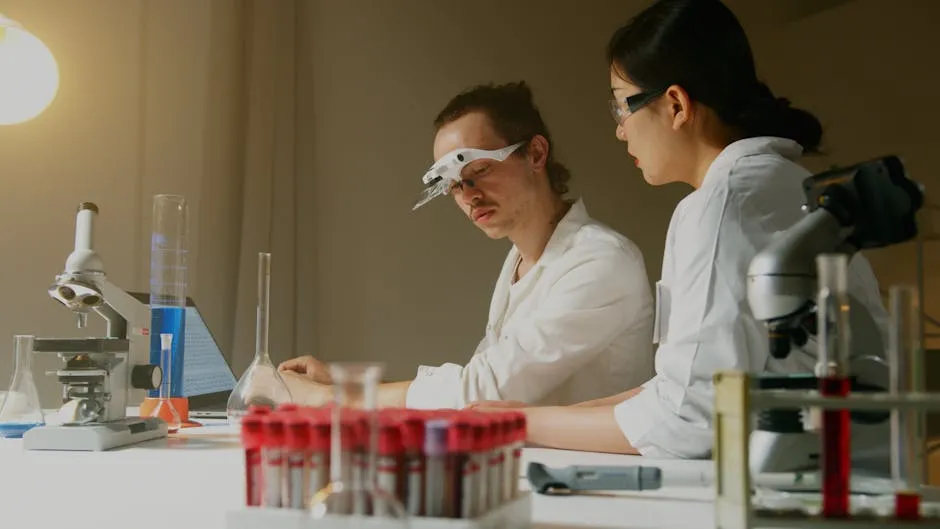
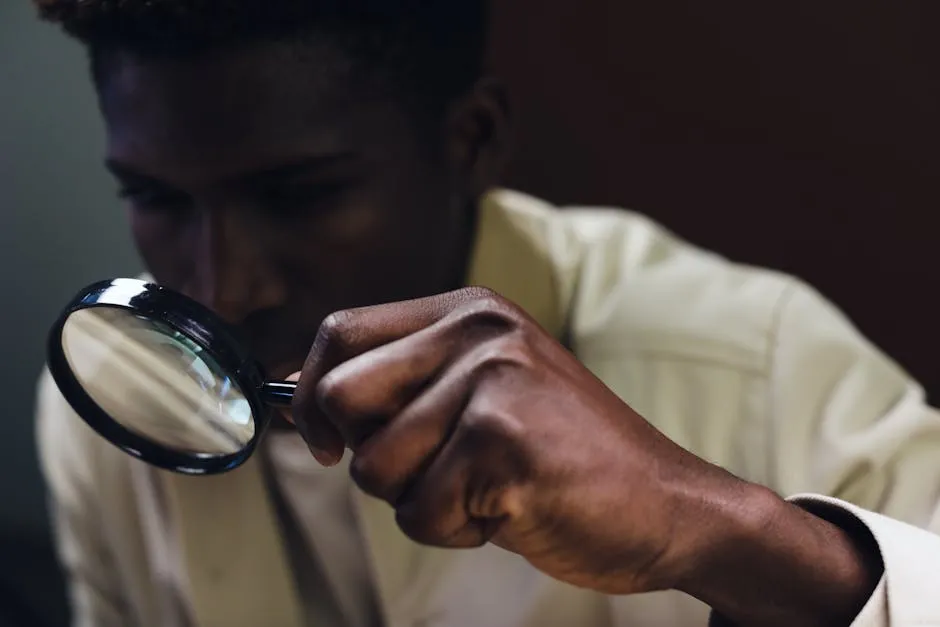
The Ongoing Debate
The question of whether hot water freezes faster than cold water has led to an ongoing debate within the scientific community. Opinions vary widely regarding the reliability and reproducibility of the Mpemba effect. Some scientists maintain that the effect is legitimate and can occur under specific conditions, while others argue that it lacks consistent experimental support. Skeptics point to numerous failed attempts to replicate the Mpemba effect as evidence of its questionable validity. They argue that any observed instances of hot water freezing faster are often the result of uncontrolled variables or experimental errors. For example, in a 2016 study, researchers demonstrated that the perceived Mpemba effect could vanish depending on measurement techniques, such as thermometer placement. This highlights the intricate nature of freezing experiments, where seemingly minor factors can lead to significant changes in outcomes. On the other hand, proponents of the Mpemba effect argue that it holds merit, particularly in specific scenarios. They cite historical observations by figures like Aristotle and Descartes, who noted similar phenomena in their studies. Additionally, recent advancements in understanding nonequilibrium systems bolster the argument for the Mpemba effect’s relevance in modern physics.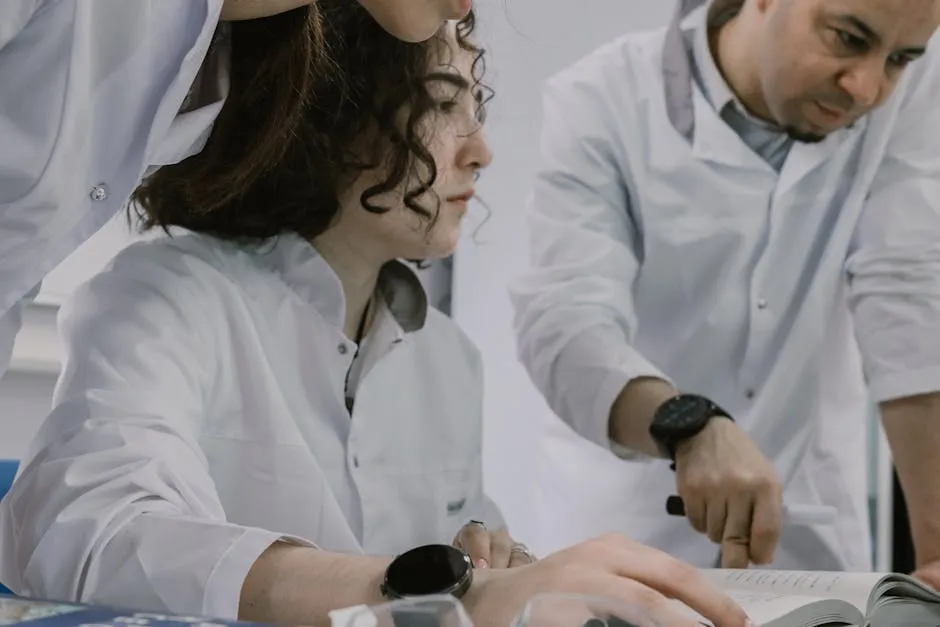
Conclusion
In conclusion, the Mpemba effect presents a fascinating twist in our understanding of water freezing. We’ve examined how hot water can, under certain conditions, freeze faster than cold water, challenging our intuitive beliefs. Key factors, such as evaporation, convection currents, and the presence of dissolved gases, come into play. These elements contribute to the complexity of the freezing process, making it clear that the outcome is not straightforward. However, it’s essential to remember that the Mpemba effect is not universally applicable. Many experiments have yielded mixed results, leading to ongoing debates within the scientific community. The intricacies of thermodynamics remind us that nature often plays by its own rules. As you ponder this curious phenomenon, consider your own experiences. Have you ever observed hot water freezing faster than cold? Or did you find that cold water took the lead? Engaging in your own experiments may reveal insights and deepen your understanding of this captivating subject. So, while the Mpemba effect remains an enigma, it invites us to keep questioning and exploring the wonders of science.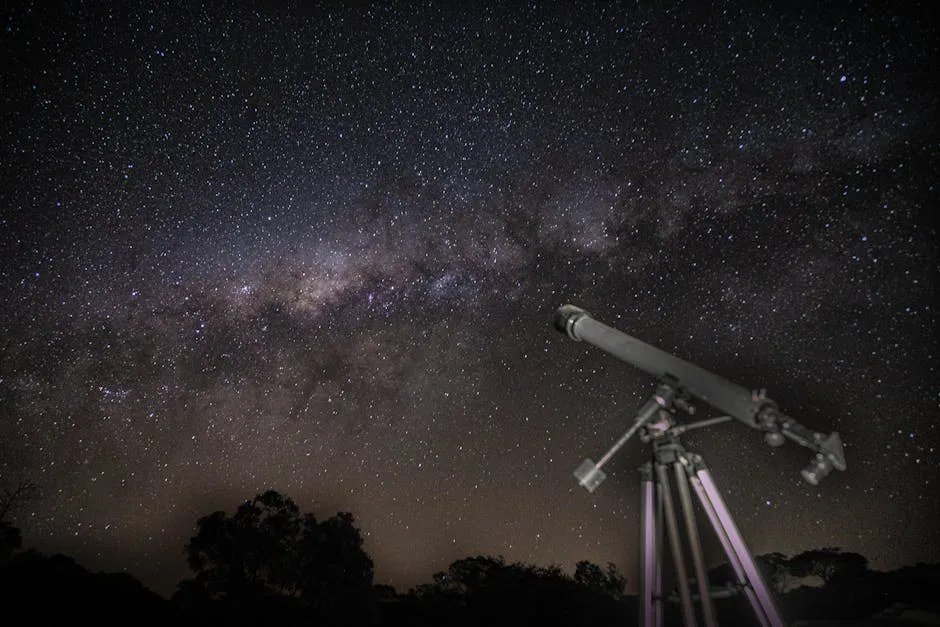
FAQs
What is the Mpemba effect?
The Mpemba effect refers to the observation that hot water can freeze faster than cold water under certain conditions. Named after Erasto Mpemba, who noticed this while making ice cream, the effect highlights the complexities of thermodynamics and heat transfer.
Is it always true that hot water freezes faster than cold water?
No, the Mpemba effect does not occur in every situation. Specific conditions, such as the amount of water, container type, and environmental factors, play crucial roles. Often, cold water freezes faster than hot water in typical scenarios. However, under certain circumstances, like higher evaporation rates in hot water, the effect may be observed.
How can I test the Mpemba effect myself?
You can perform a simple experiment at home. Fill two containers with equal amounts of hot and cold water. Place them in the freezer and monitor which one freezes first. Make sure to control variables such as container type and freezer conditions for more accurate results.
What are some practical applications of understanding the Mpemba effect?
Understanding this phenomenon could have implications in refrigeration and food preservation, where optimizing freezing times is crucial. It also encourages a broader exploration of thermodynamics and material behavior under varying conditions.
Why is there still controversy surrounding the Mpemba effect?
The debate stems from inconsistent experimental results and the difficulty in replicating the effect reliably. Variability in conditions and measurement techniques leads to differing opinions on the effect’s validity, prompting continued research and discussion in the scientific community.
How Can I Test the Mpemba Effect Myself?
Curious about the Mpemba effect? Want to see if hot water really freezes faster than cold? Here’s a simple experiment you can conduct at home. Gather your materials and let’s get started!Materials Needed:
- Two identical containers (glass or plastic)
- Hot tap water
- Cold tap water
- Freezer
- Thermometer (optional)
- Timer or stopwatch
Experiment Steps:
- Prepare Your Containers: Label one container “Hot” and the other “Cold.” This helps keep track of which is which.
- Fill the Containers: Pour equal amounts of hot water into the “Hot” container. Fill the “Cold” container with the same volume of cold water. If you want to be precise, use a measuring cup.
- Record Initial Temperatures: If you have a thermometer, measure the temperature of the water in each container. Write these down, or just remember them for later.
- Place in Freezer: Put both containers in the freezer at the same time. Make sure they are placed on a flat surface to ensure even cooling.
- Set a Timer: Start your timer as soon as both containers are in the freezer. Check on them every 10-15 minutes to monitor the freezing process.
- Observe: Pay attention to which container shows the first signs of freezing. You might notice ice forming around the edges or ice crystals developing.
- Record Your Results: Once one of the containers has completely frozen, stop the timer and note the time. Compare the freezing times. Did the hot water freeze faster?
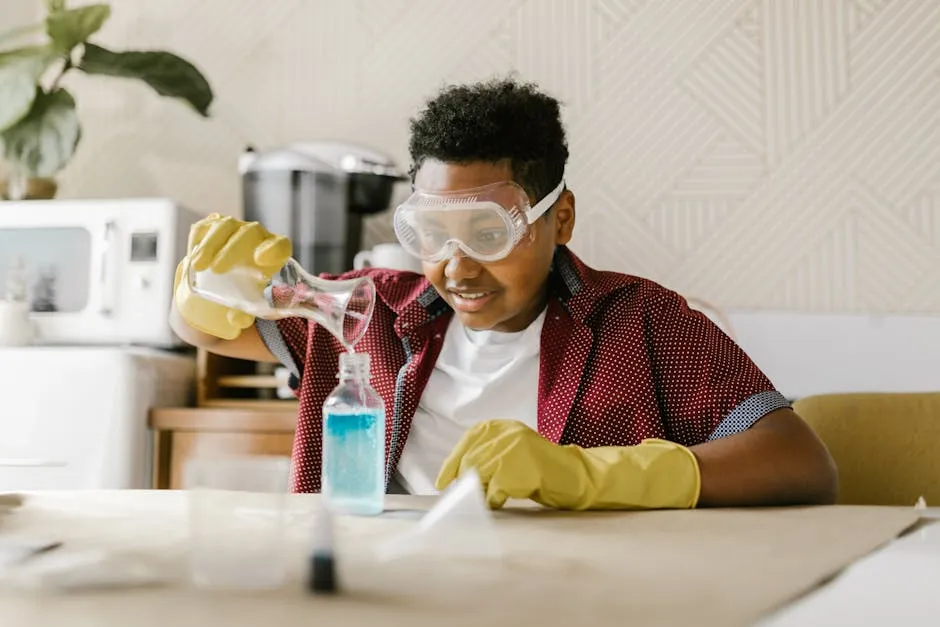
Tips for Accurate Results:
- Ensure your freezer is set to a consistent temperature.
- Try to conduct the experiment in a draft-free environment to avoid external factors.
- Consider repeating the experiment multiple times for more reliable conclusions.
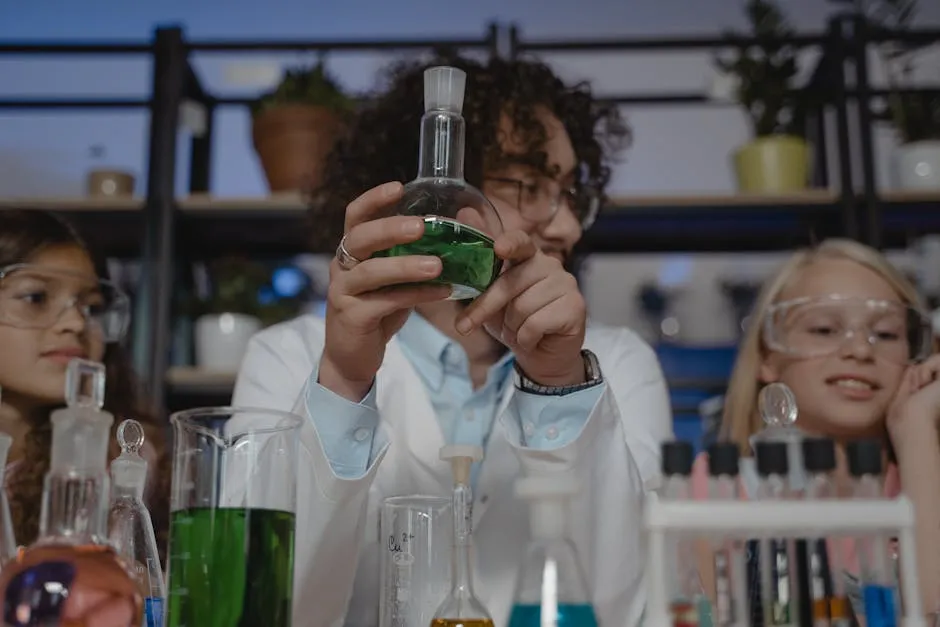
What Are Some Practical Applications of Understanding the Mpemba Effect?
Understanding the Mpemba effect isn’t just a fun scientific curiosity; it has practical implications in various fields. Here’s how this quirky phenomenon can impact science and everyday life.1. Food Preservation and Refrigeration:
In industries where food preservation is crucial, knowing how hot water behaves can optimize freezing processes. Utilizing the Mpemba effect could lead to faster freezing, reducing ice crystal formation in food. This can maintain texture and flavor, making meals more enjoyable.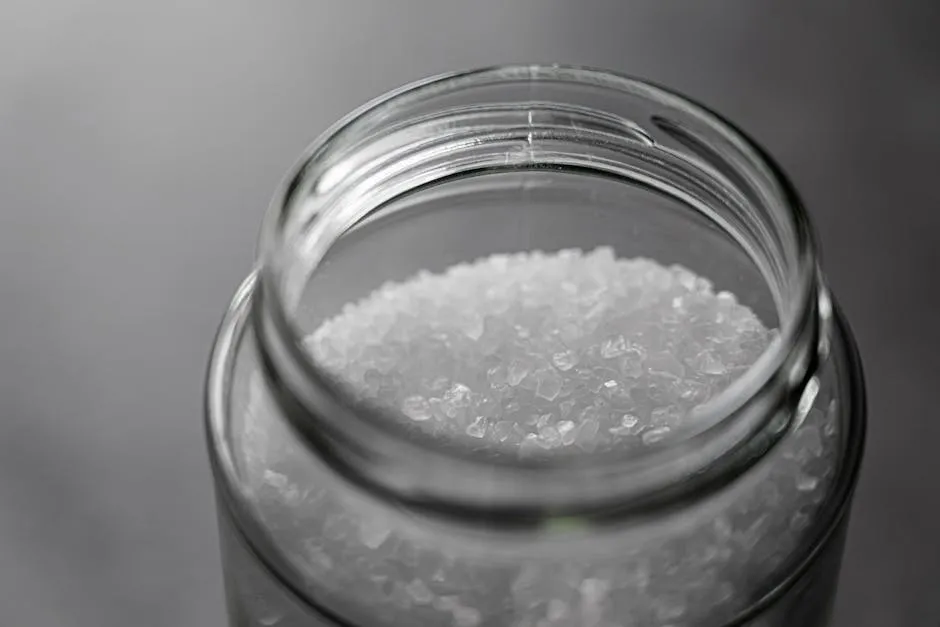
2. Ice Cream Production:
In the world of ice cream making, the Mpemba effect can be advantageous. When hot mixtures cool quickly, it can lead to smoother ice cream with fewer ice crystals. This results in a creamier texture that enhances the overall experience of enjoying this frozen treat. If you’re serious about making ice cream, consider using The Ice Cream Maker’s Handbook. It’s a treasure trove of recipes and techniques to take your ice cream game to the next level!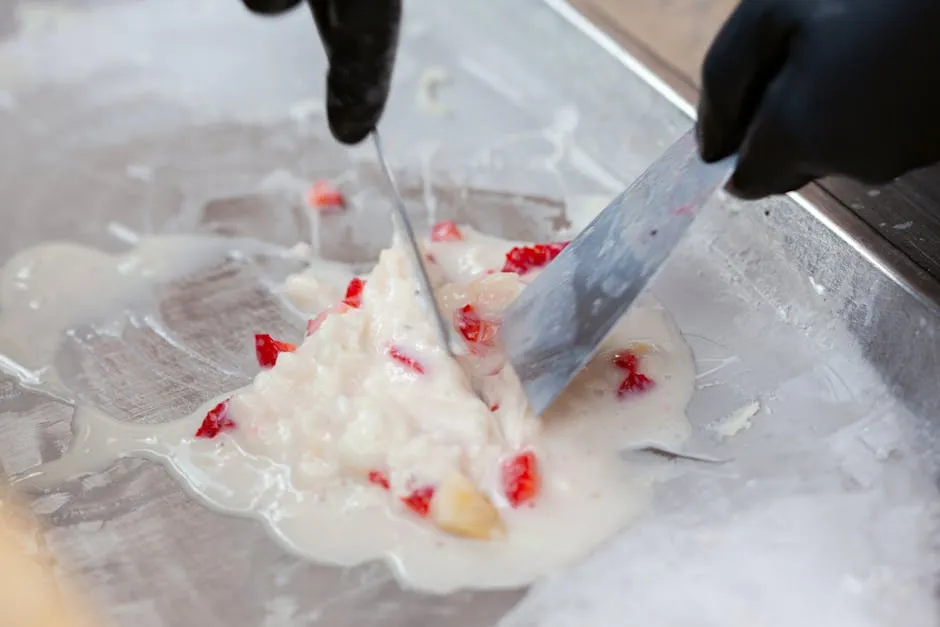
3. Ice Formation in Natural Environments:
Understanding this effect can also help in meteorology and environmental science. When studying ice formation in lakes or rivers, scientists can better predict how temperature fluctuations impact ecosystems. This knowledge is vital for monitoring aquatic life and seasonal changes.4. Thermal Dynamics Research:
The Mpemba effect encourages deeper exploration into thermal dynamics and the behavior of liquids under varying conditions. Insights gained from this research can lead to advancements in materials science, where temperature management is critical.5. Everyday Applications:
On a smaller scale, knowing about the Mpemba effect could influence how you manage your daily tasks. For example, when making ice for beverages, using hot water might not only be quicker but also yield clearer ice cubes. Who knew science could make your drinks look fancier? In summary, the Mpemba effect offers intriguing possibilities beyond mere curiosity. Its implications stretch across various fields, enhancing our understanding of thermodynamics and improving practical applications in food production, environmental science, and everyday life.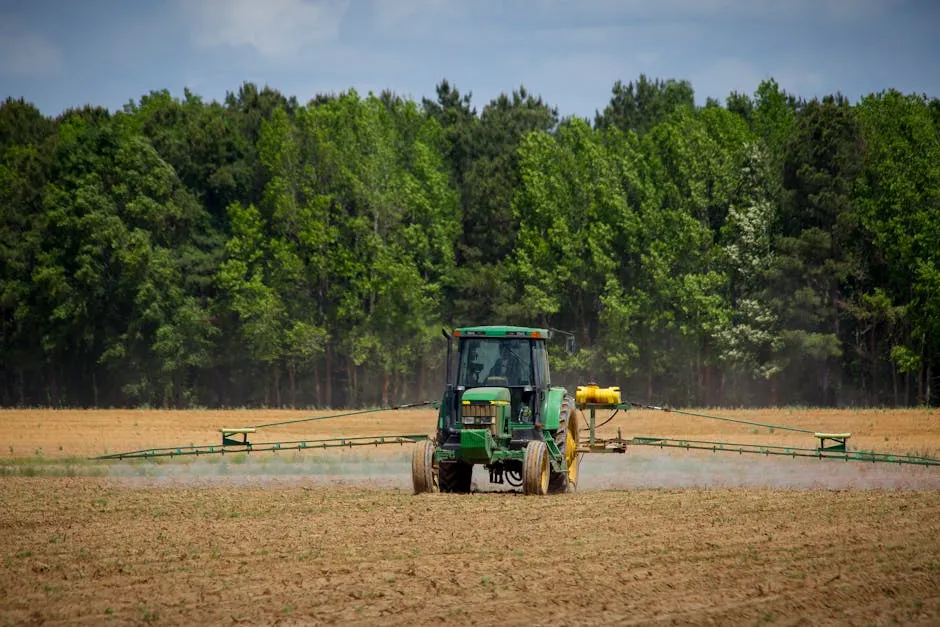
Why Is There Still Controversy Surrounding the Mpemba Effect?
Despite the intriguing nature of the Mpemba effect, controversy continues to swirl around it. The scientific community remains divided on whether hot water genuinely freezes faster than cold under all conditions. Let’s unpack the reasons behind this ongoing debate.1. Inconsistent Experimental Results:
Many experiments have been conducted to test the Mpemba effect. However, results often vary widely. Some researchers find that hot water freezes faster, while others cannot replicate these findings. This inconsistency makes it challenging to establish a clear consensus.2. Confounding Variables:
Freezing experiments are sensitive to numerous variables. Factors like container type, water purity, ambient temperature, and even the freezer’s efficiency can dramatically affect outcomes. A slight change in one variable can lead to different results, complicating the ability to draw definitive conclusions.3. Theoretical Explanations:
While several theories attempt to explain the Mpemba effect—such as evaporation rates, convection currents, and dissolved gases—no single explanation is universally accepted. The complexity of water’s behavior and the interaction between these factors leave room for ongoing investigation.4. Skepticism Among Scientists:
Some scientists remain skeptical about the validity of the Mpemba effect. They argue that, under normal conditions, cold water should freeze faster. This skepticism fuels further research and discussion, as proponents of the effect strive to prove its existence.5. Historical Context:
The Mpemba effect has an interesting historical backdrop, with notable figures like Aristotle and Descartes commenting on similar observations. This longstanding curiosity adds to the debate, as it intertwines with centuries of scientific inquiry.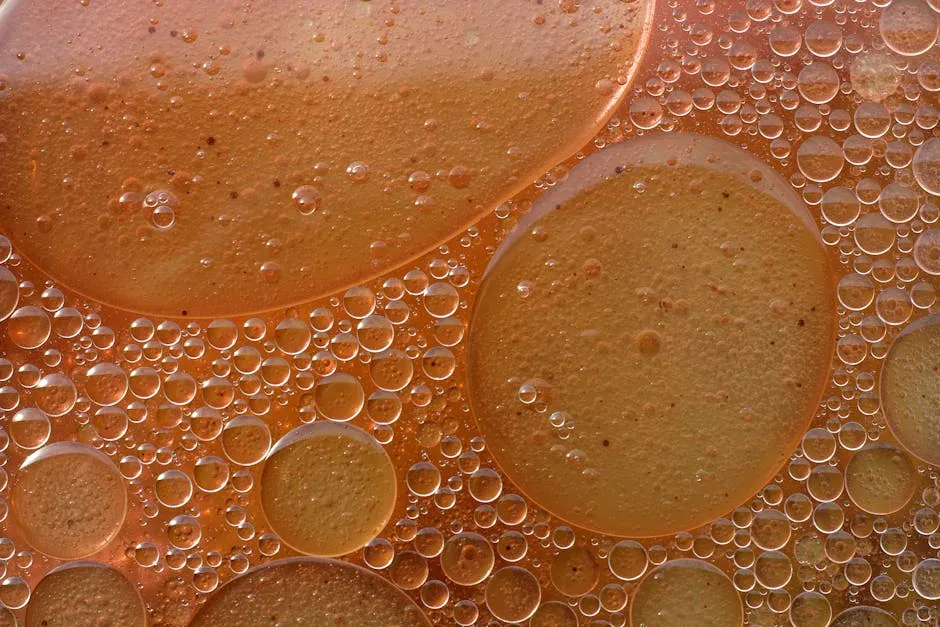
This phenomenon raises intriguing questions about thermal dynamics and heat transfer. Why does hot water freeze faster than cold water
All images from Pexels




